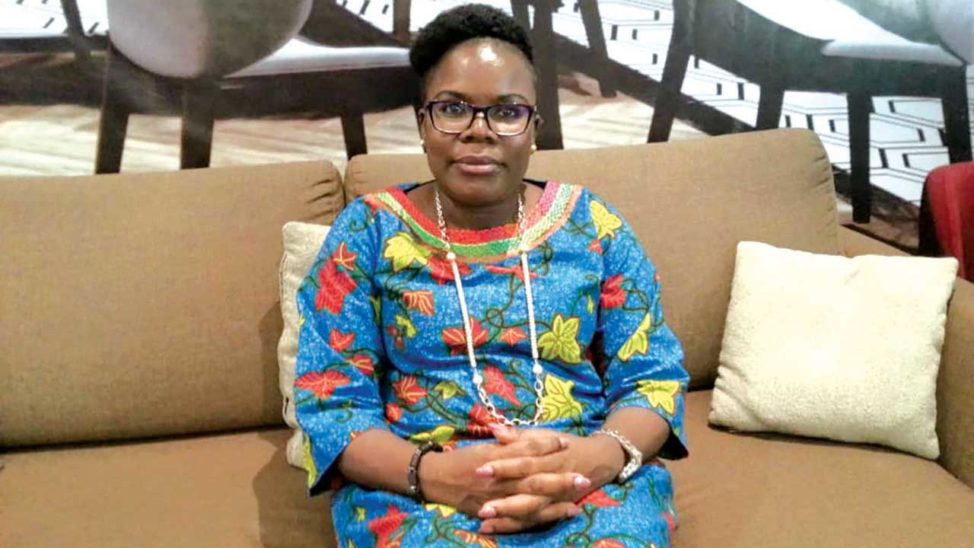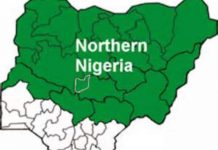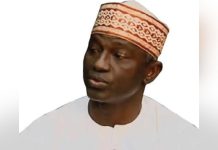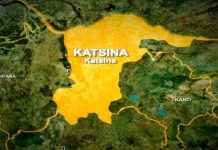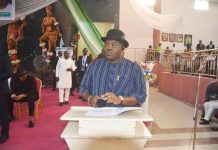Titilope Ojo is the Exporter Voices Lead, Trade Policy Workstream, Policy Development Facility (PDF II), a programme funded by the United Kingdom (UK) Aid. She recently facilitated the 5th Non-oil Exporters Dialogue In Lagos themed: “Nigeria’s Trade Policy Stance: Implication for Global Competiveness.” As the PDF II Lead, an SME expert and entrepreneurship development practitioner, she focuses on entrepreneurship and developing agricultural value chains. In this interview with The Guardian she talks about the ideology behind non-oil exporters dialogue and the Nigerian trade policy.
Tell us about the PDF II non-oil export dialogue; what aspect of the Nigerian trade policies are you addressing?
It started from Policy Development Facility (PDF) Phase II, a programme funded by United Kingdom (UK) Aid. The ideology is to create a space where the government, Ministry of Trade and the people who are the most important stakeholders on policy reforms come to the table to dialogue over all the issues concerning the non-oil export community, so as to build their capacity on engagement. So the idea is to have the government and policy makers listen to the stakeholders, who are the main constituent with facts in order to make realistic policies. The Non-oil Export dialogues started in 2017 and it focuses on three major areas: trade policy, access to finance and market access. It is a capacity building dialogue structured on a quarterly basis to tackle all the issues related to non-oil export and the policy reform.
This is 5th Non-oil Export dialogue, what is the focus for this edition?
Our focus is on trade policy, in order to enlighten non-oil exporters about the trade agreements that Nigeria has entered into and how it impacts them. We reviewed the state of play in Trade Agreements and Trade Policy in Nigeria for stakeholders to better understand multilateral, regional, preferential, bilateral agreements in which Nigeria is a participant across the world. The refusal of Nigeria to sign the Africa Continental Free Trade Area (AfCFTA) agreement was largely discussed. Interestingly, the actual negotiations have started among the countries that signed and Nigeria is not on the table to negotiate her position. Another issue treated is access to Foreign Exchange (forex) for the textile sector; to enlighten participants on the diverse ways they can source their forex and tackle the issues in the textile industry.
What do you aim to achieve Aat the end of this dialogue?
The rationale behind the non-oil export dialogue is to get exporters voices well represented in policy discourse, a process that has been missing. So, in the non-oil export sector, the dialogue is to tackle key issues, so that the government institutions will be able to understand what is going on with the practitioners in that space so as to proffer solutions to the bottlenecks raised, especially as it relates to process and procedures. So the whole idea is to basically influence policy discourse for policy makers to get it right. The stakeholders’ voices need to be represented because they are the consumers of these services. A non-oil exporter that has experienced Nigerian Agricultural Quarantine Service (NAQS) is the right person to give feedback to policy makers on what is obtainable.
What are the measures put in place for non-oil exporters to maximise the opportunities in existing trade policy in Nigeria?
The issue of our national trade policy was tackled during the dialogue; the last policy was reviewed in 2002, which is grossly overdue. So one of the things that came out of this dialogue is the push for a reviewed Trade Policy. The non-oil export community of practice made some inputs into the 21st century trade policy review which was championed by Nigerian Office for Trade Negotiation (NOTN), and was represented at the dialogue.
Who are your participants for this dialogue?
Our participants spread across the non-oil export value chain from the actual exporters, logistics providers, manufacturers, legal consultants to trade export institutions and others. So it’s a representative of everyone that has a role to play in the non-oil export value chain.
How does the recent CBN restriction for foreign exchange affect the stakeholders in the textile industries?
During the dialogue, a number of exporters have explained that it does not really affect them. Some of them do not even go to the bank to get forex for their businesses, they go to the black market and it is almost at the same rate with the bank. However, I suppose the entire strategy by CBN and government is for Nigeria to develop its textile sector locally. It was clarified that the ban is not on textile import but restriction of forex for import of textiles.
How does this dialogue contribute to solving the Apapa gridlock?
All the port stakeholders were part of the dialogue with Enabling Business Environment Secretariat (EBES) facilitating the working session. We know that some of the issues of Apapa gridlock, like infrastructure, cannot be resolved immediately, but they tried to identify the most prominent aspects, and stakeholders responsible to tackle them. The truckers were identified as a critical part of this gridlock. Head of the Association of Maritime Transport Owners (AMATO), Chief Remi Ogungbemi was part of the dialogue. Nigerian Ports Authority (NPA) played an active role in the discussions on solving the truck call-up system and traffic congestion. The solutions have been categorised according to short, medium and long-term results. NPA is taking the lead on resolving some of the issues raised and working at the highest levels of government and with other critical stakeholders. We believe that with sensitisation of truck owners on the new changes that would be effected at the shortest time possible, the issues would be resolved sustainably.
What policies have been put in place in this dialogue so that government is held accountable for its deeds on trade policy implementation?
There is an online app, reportgov.ng, launched by EBES where people are encouraged to submit their complaints about government MDAs. The affected MDA is expected to provide redress for any complaint received. Ease-of-Doing-Business Secretariat monitors and ensures that the system works and complaints are treated promptly. Over time in the course of our dialogues, we’ve had some of the MDAs like Nigeria Export Promotion Council (NEPC), Nigeria Agricultural Quarantine Service (NAQS), NAFDAC and others seated, to discuss the experiences of the exporters and get feedbacks in real time. We are also synergizing with the Ease of Doing Business Secretariat of PEBEC on monitoring reforms in the business environment especially trading within and across borders. The feedbacks from these dialogues have served to highlight areas that need reforms and to also monitor and evaluate the success of current efforts.


